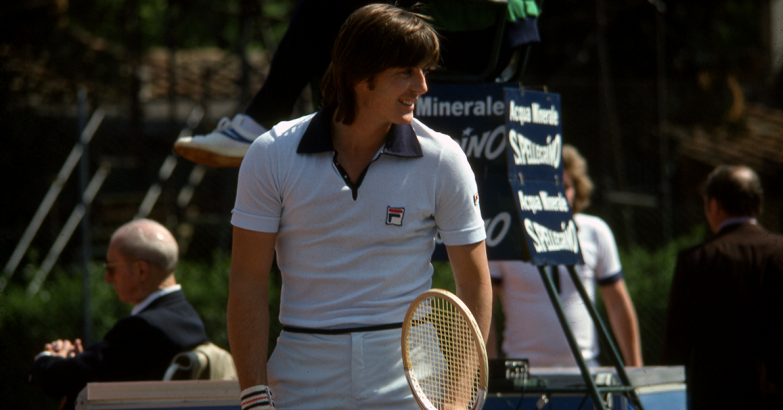FILAPEDIA: REVOLUTION
Welcome back to FILAPEDIA! Today’s post follows from last month’s in so much as it’s dedicated to change. Because when we see radical change of a social order from an economic or political viewpoint, we are dealing with a new word: Revolution.
History books have told us about numerous revolutions. For example, the French Revolution, which took place between 1789 and 1799, overthrew the ancien régime (and the reign of Louis XVI and Marie Antoinette) in favour of the Republic. The Industrial Revolution – commonly divided into the first and second – redefined modern concepts of work and productivity between the 18th and 19th centuries. Or the pacifist revolution of Mahatma Gandhi, who in the first half of the 20th century advocated for brotherly love and non-violence as a way to India’s independence.
However, revolutions can also happen within a sporting context, as FILA shows us. A shining example of this phenomenon took place in 1976. At that time, the Biella-based brand was already known for thinking out of the box: coloured tennis clothes instead of all- white, the sponsorship of the ‘guy next door’ Adriano Panatta, and the discovery of Björn Borg, a rebel and rising star.
In December 1976, Italy played the Davis Cup final in Santiago, Chile. It was in the middle of the dictatorship established three years earlier by Augusto Pinochet. Not only that, the match was scheduled to take place in the infamous Estadio Nacional, where dissidents of the regime are tortured.
The Soviet Union withdrew and boycotted the tournament, and in Italy, the debate on whether to do the same was heated. The final decision was left to the Italian Tennis Federation, who decided to go ahead and form a team captained by Nicola Pietrangeli. He convinced Panatta and Paolo Bertolucci, both sponsored by FILA, to participate. Panatta felt it was the right occasion to send an important signal to the world, so he asked FILA for red polo shirts to wear on the court.
To quote a newspaper of the time, ‘there are no better weapons than rackets to bring down dictatorships’. And so it was, when, on 19 December 1976, Bertolucci and Panatta appeared on the court sporting red, the colour of blood. It was meant to provoke. But it was also done in memory of those who had lost their lives for their beliefs.
Not one person remained indifferent. The reaction was so strong that during the match they both changed their shirts, and Chile formally requested disqualification. These details, however, did not change the outcome. The Chileans were defeated in four sets, with a score of 3-6, 6-2, 6-3, 9-7. It was the first Davis Cup win for Italy, and remained the only one until 2023.
It is said that before the start of the match, team-mate Corrado Barazzutti whispered to Panatta, “Don’t play up as you usually do, because here, they will arrest us”. But what is a revolution without a dose of madness?
Be the change you want to see in the world – Mahatma Gandhi
Because these things will change / Can you feel it now? – Taylor Swift


